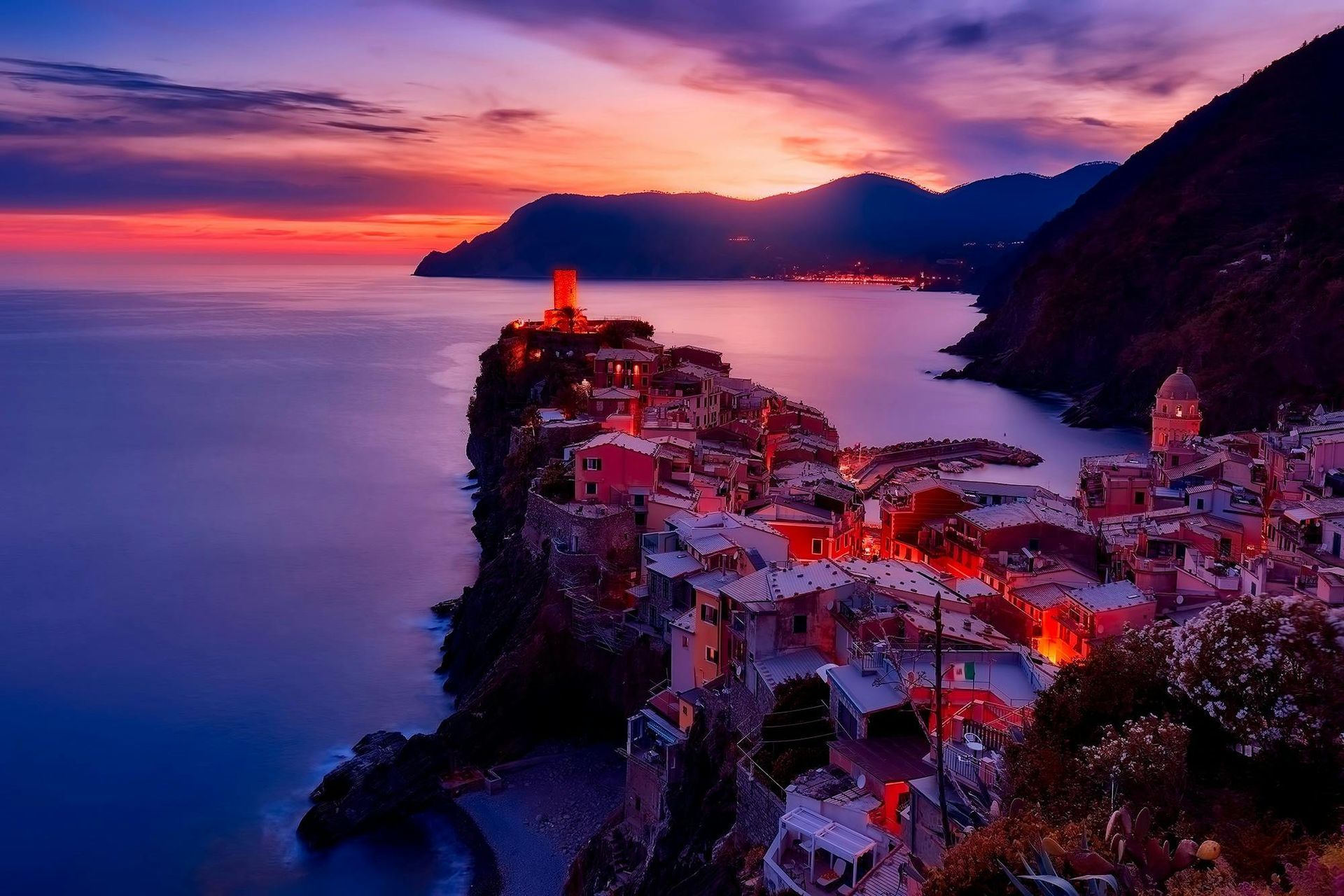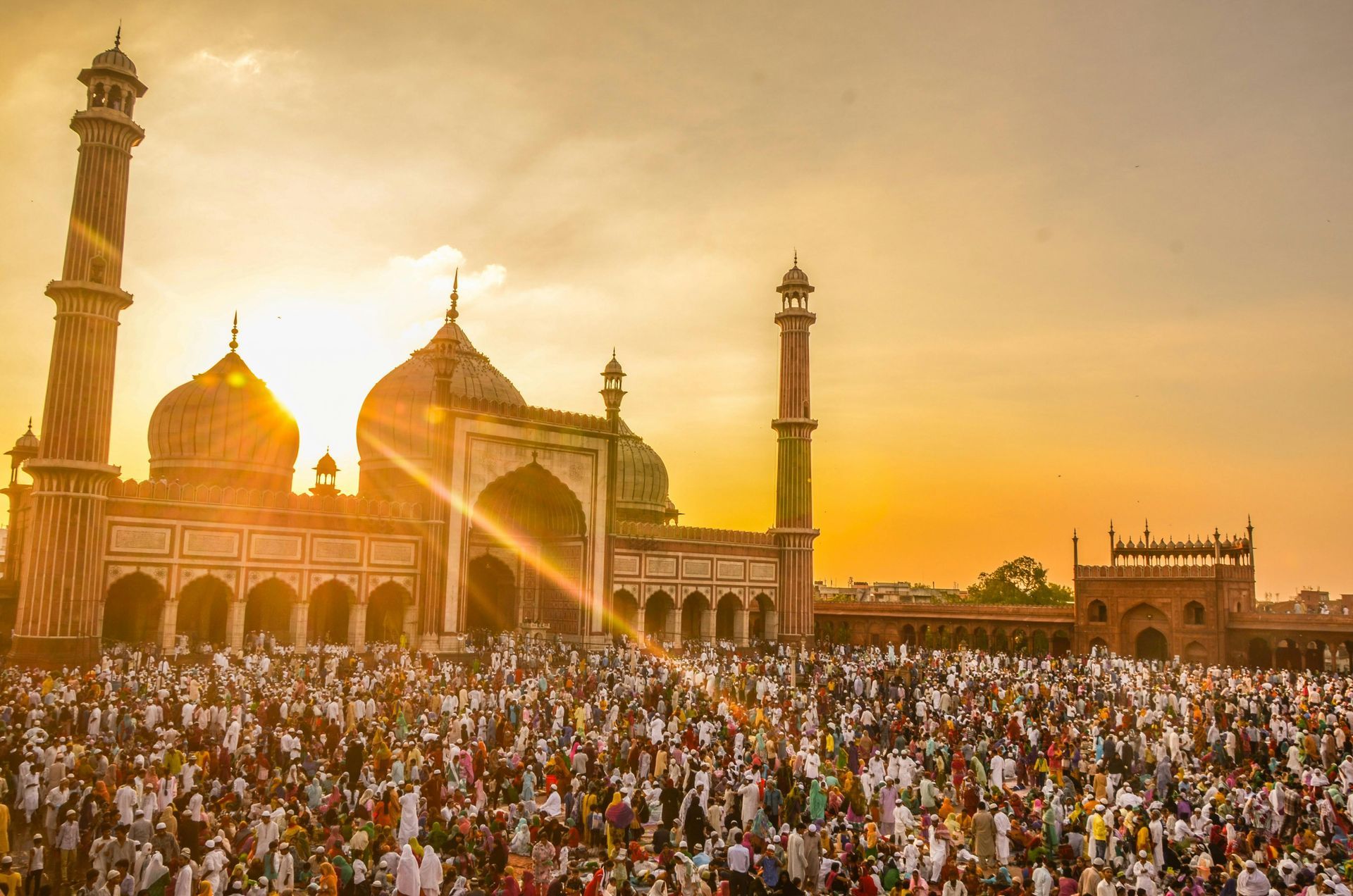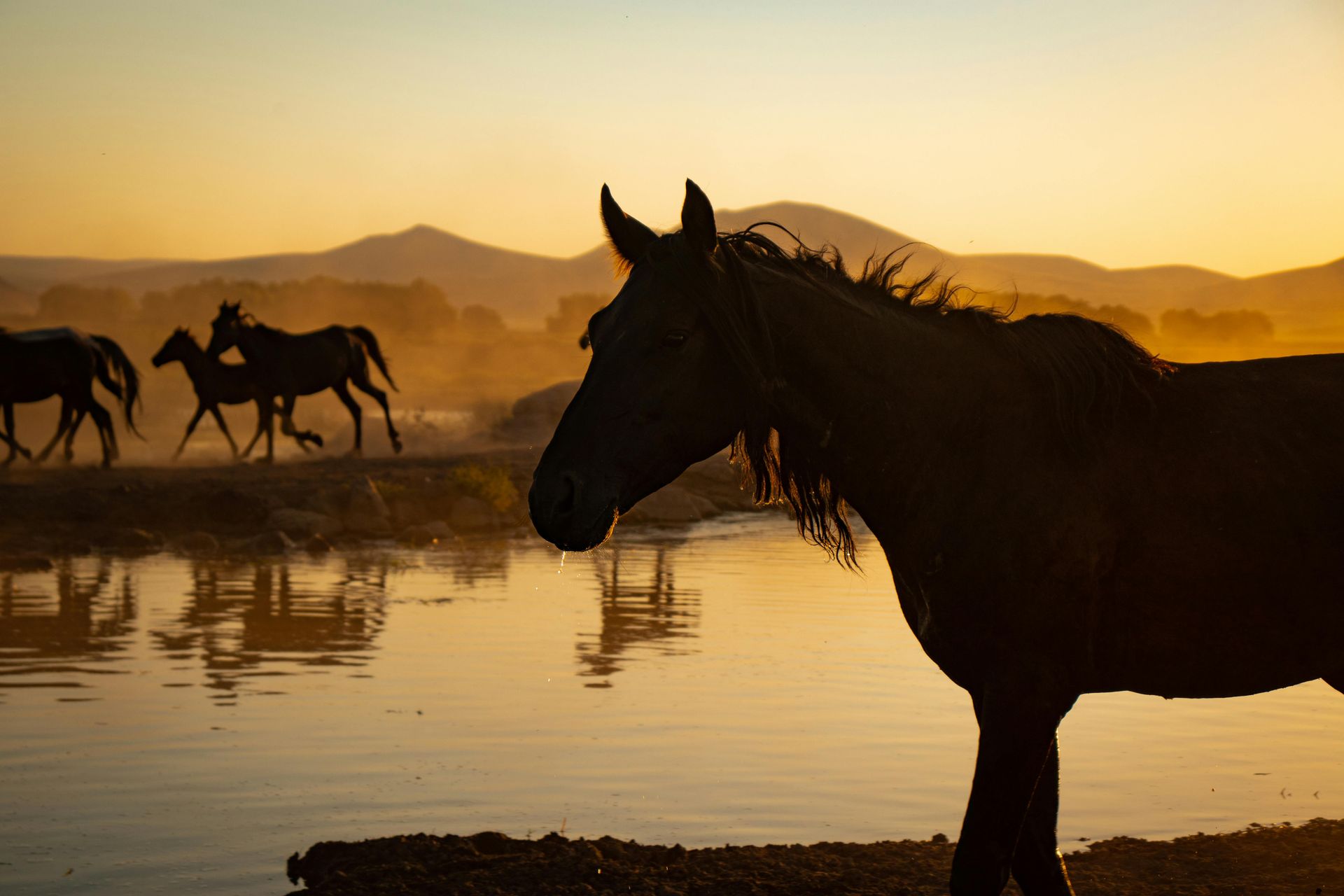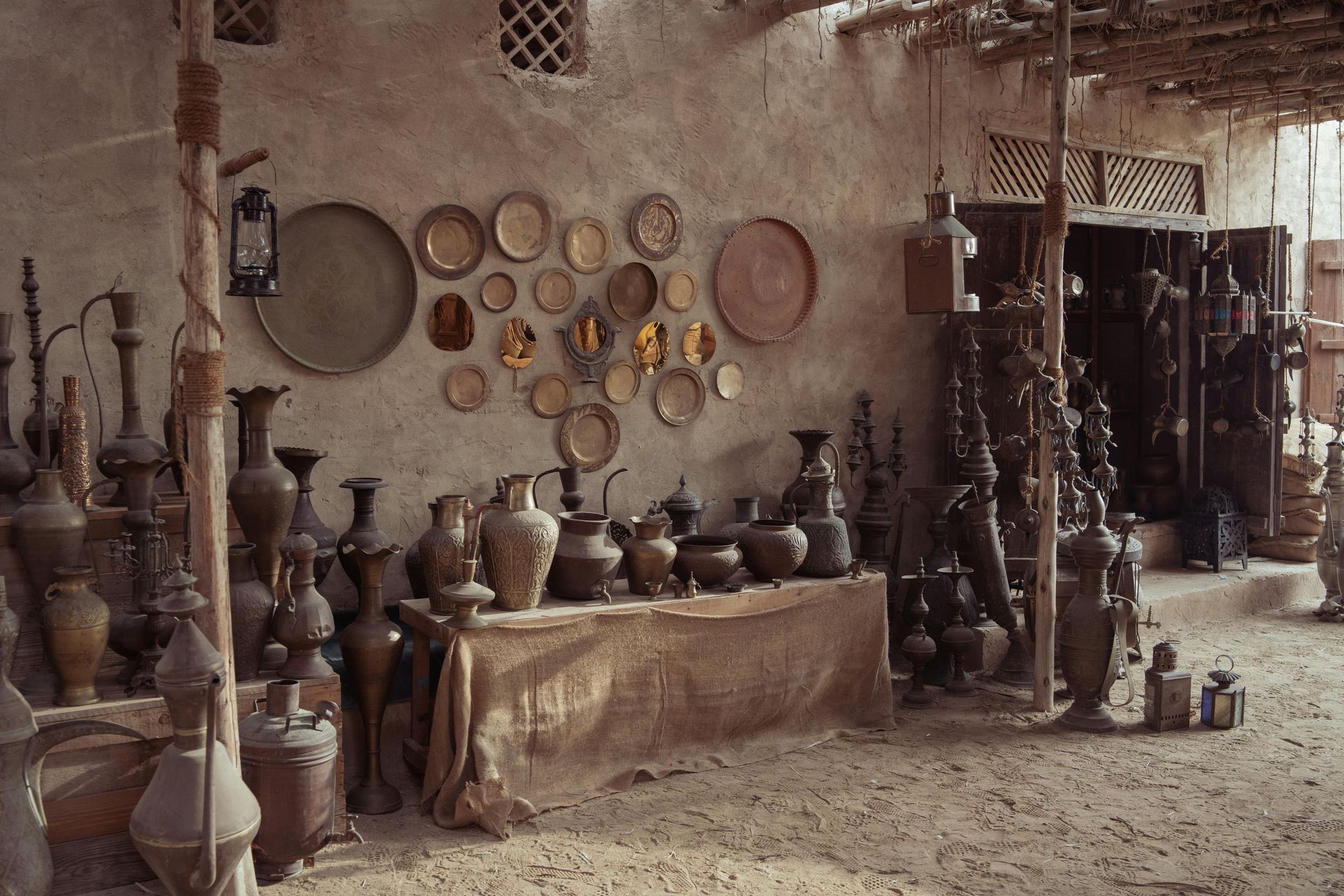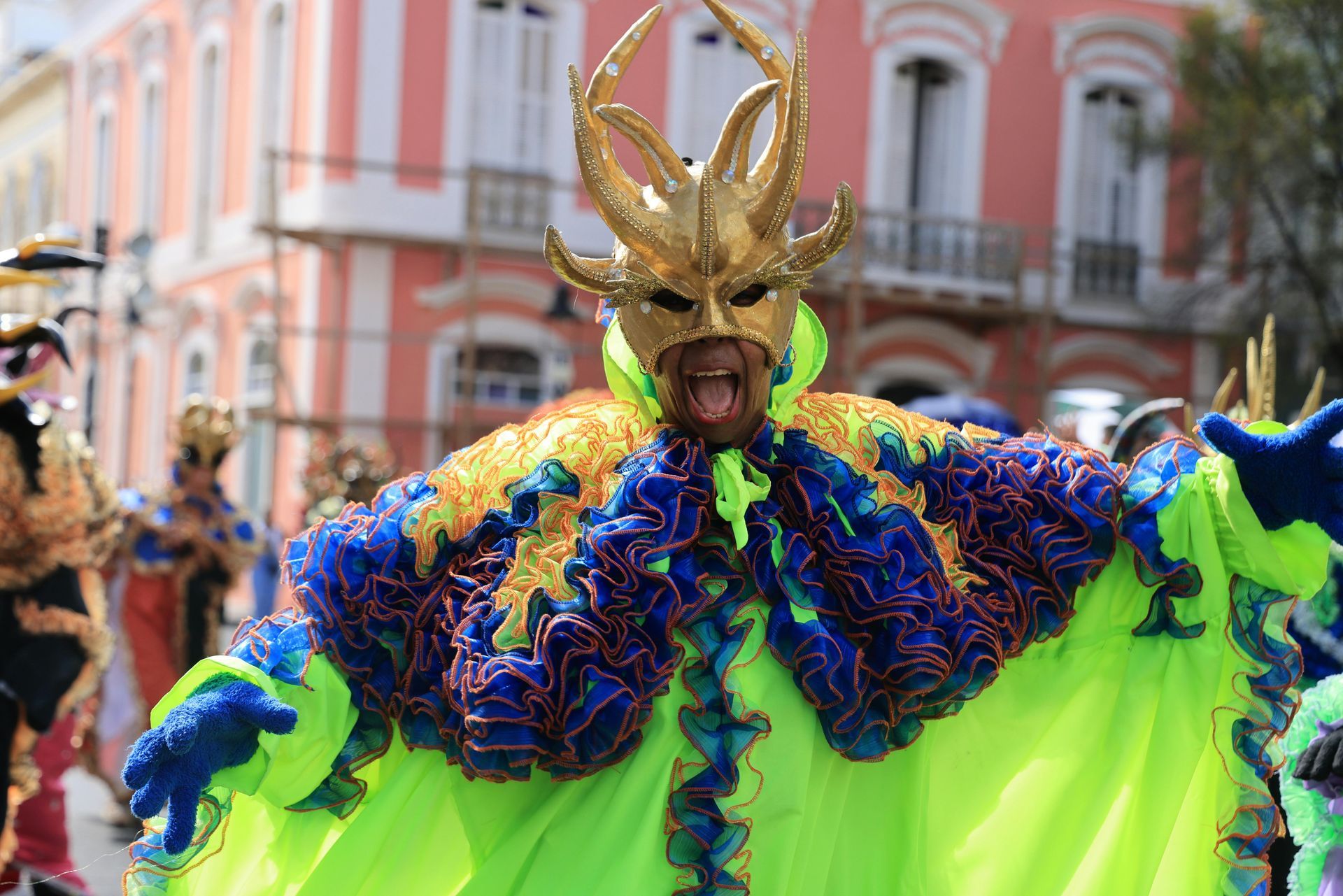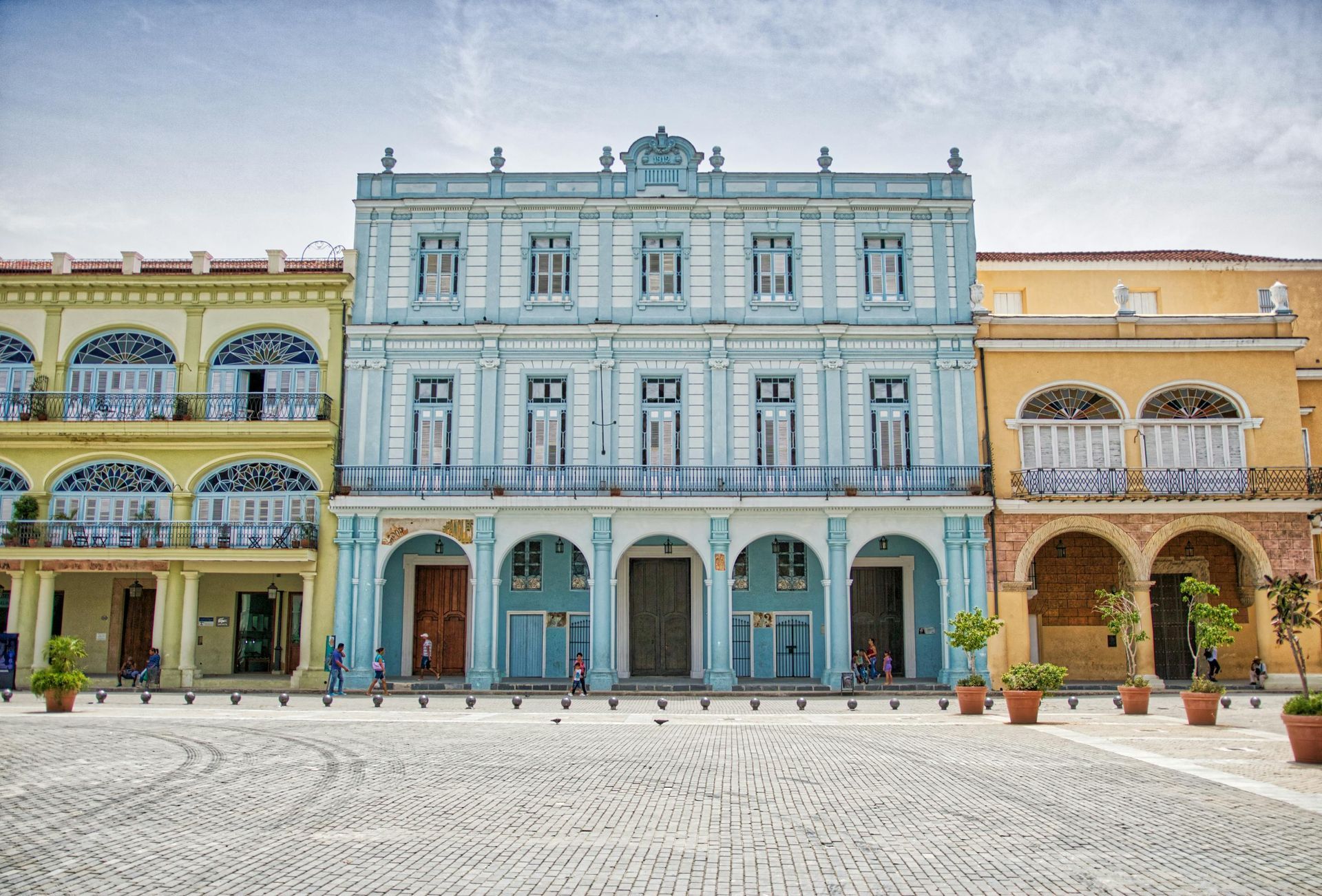When Will Travel Have Its Fast Fashion Reckoning?
When Will Travel Have Its Fast Fashion Reckoning?
Is travel the new fast fashion? Explore the hidden costs of mass tourism and how slow, conscious travel could redefine what it means to be well-travelled.
The Jet-Set Illusion: Is Travel Becoming the New Fast Fashion?
In recent years, fast fashion has been called out for what it really is: overproduction, underpayment, environmental degradation, and a culture of disposability disguised as access. As more people wake up to its impact, brands are shifting and consumers are asking deeper questions about value and responsibility.
But what about travel?
It might sound counterintuitive—after all, travel can be enriching, aspirational, even transformational. Yet, increasingly, we see parallels between fast fashion and what we might call fast travel: the relentless pursuit of cheap, high-volume, low-value experiences that prioritise quantity over quality.
Could our love of travel also be tipping into overconsumption?
What Is Fast Travel? (And Why It’s a Problem)
While “fast travel” isn’t (yet) a mainstream term, many of us will recognise its symptoms. It’s the:
- Cheaper flights than rail fares
- Country-counting contests
- Itinerary crammed with more landmarks than memories
- Emphasis on ticking boxes over taking time
- Constant scrolling for the next 'deal' or 'steal'
This kind of travel mirrors the behaviours of fast fashion: mass production, instant gratification, minimal friction—and ultimately, minimal connection.
We burn through destinations like we do trends, barely pausing to consider the true cost. The result? Environmental strain, overtourism, cultural dilution, and a version of travel that leaves little room for meaning.
The True Cost of Cheap Flights and ‘Tick-Box Tourism’
There’s no denying that low-cost airlines have democratised travel. For many, this accessibility is a lifeline—an opportunity to see the world once reserved for the wealthy. But it’s also come at a price that isn’t reflected in our boarding passes.
Air travel accounts for around 2.5% of global CO₂ emissions, and it’s rising. Budget flights make it easy to hop continents for a weekend, but the environmental cost is disproportionately high—particularly given how carbon-intensive flying is compared to other forms of transport.
Overtourism is another byproduct. Destinations like Venice, Barcelona and Dubrovnik are struggling under the weight of mass tourism, with locals priced out, heritage sites worn down, and communities turned into backdrops for Instagram.
Like fast fashion, fast travel can disconnect us from the very people and places we claim to value.
From Conquering to Connecting: Rethinking the Purpose of Travel
The language we use around travel is telling: we talk of "conquering countries", "ticking off continents", and "doing" destinations. It’s performative, competitive, even extractive.
But what if travel wasn’t about how much we see—but how deeply we experience?
Slowing down might mean:
- Spending a week in one village, not racing through five cities
- Choosing train over plane when possible
- Learning a few phrases in the local language
- Supporting small, community-owned businesses
- Prioritising regenerative stays that give back more than they take
This isn't about making travel elitist again. It's about moving away from consumption and toward connection. Just as we now ask, “Who made my clothes?”, perhaps we should ask: Who benefits from my travel? What do I leave behind?
Reframing the Jet-Set Lifestyle: Why “More” Isn’t Always Better
Jet-setting used to be a symbol of wealth and freedom. But in an age of climate crisis and cultural burnout, this kind of hypermobility is feeling outdated—like plastic straws or polyester jumpers made for 50p?
We’re already seeing a cultural shift. Terms like “flight shame” are becoming more common. Travellers are questioning the ethics of flying to four countries in five days. Some are even choosing to stay local, explore their own regions more deeply, or take the scenic route over the speedy one.
Travel isn’t inherently the problem. But our pace and patterns might be.
Alternative Terms to Describe ‘Fast Travel’ Culture
To explore this shift in language—and mindset—here are a few coined terms that better describe the phenomenon:
- Disposable Travel – Where destinations are consumed and discarded
- Tick-Box Tourism – Focused on quantity over experience
- Jet Consumerism – Travel as a form of compulsive consumption
- Travel Binging – Overloading on short trips with little intention
- Insta-Itinerary Culture – Designed for the feed, not for fulfilment
- High-Frequency Hopping – Prioritising flight count over depth of stay
- Conquest Travel – Built around the desire to collect or conquer
These aren’t just catchy phrases. They’re indicators of a deeper cultural mindset—one we have the power to change.
So, What’s the Alternative?
Just as slow fashion promotes thoughtful purchases and sustainable practices, slow travel encourages presence, purpose, and impact. It doesn’t mean giving up adventure. It means valuing it more—because we’re choosing quality over quantity, regeneration over extraction, and story over status.
Travel can still be transformative. But maybe, just maybe, it’s time to ask:
What kind of traveller do I want to be?
Final Thoughts
Reimagining travel doesn’t mean closing borders or gatekeeping experiences. It means widening the lens—understanding the hidden costs, rethinking our rhythms, and cultivating a travel culture that’s as enriching for the places we visit as it is for ourselves.
Because in the end, the most meaningful journeys aren’t about how far we go—they’re about how deeply we engage.



